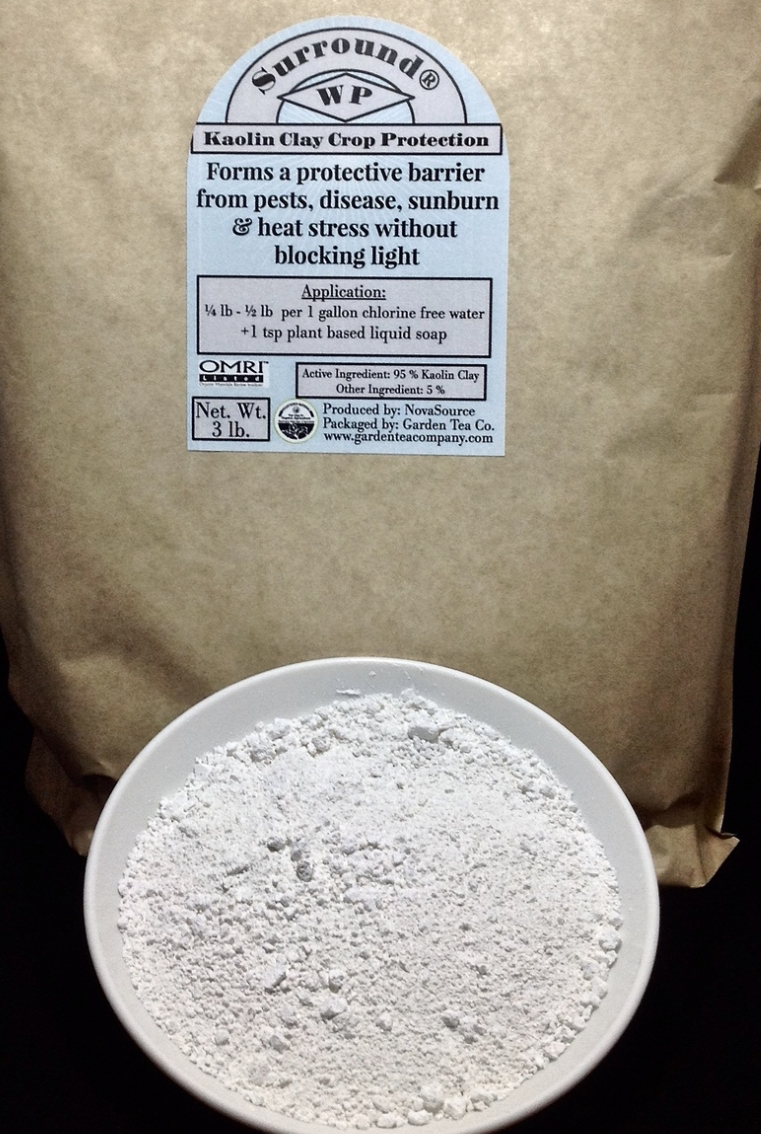Female Japanese beetle love moist lawns and grasslands. In dry, hot summers they will struggle to lay eggs. So we know they love the roots of grass. I could recommend you to remove your lawn and turn it into borders but it's not that easy. Your neighbor can still have lawn and the beetles are airborne so they will just fly to your beautiful roses. It's a real group effort so it's imperative to organize neighbor meetings to create a battle strategy. Treating the beetles is easier than you think but again, it's a real group effort.
Removing lawn however is always a good move as lawn is green concrete. It has zero biodiversity and doesn't help us in establishing a good biodiverse environment for pollinators and essential insects.
Two methods of killing the beetles have been very successful but again it only works if as much as possible neighbors join in. Of course the local authorities in cities and Villages must also cooperate and treat those lawns which are their responsibility but seen the nature of this threat they will have orders from the government in being proactive.
The first and most successful treatment for Japanese beetle are Milky spores. It's a fungus which kills the grubs in the soil so you have to apply it in summer and fall for two years. After two years your treated area remains beetle free for up to 20 years but again: Beetles from non treated lawns can fly to your garden so the group effort is ESSENTIAL.
The second successful treatment is using nematodes. These tiny worms will start to actively look for Japanese beetle grubs and infect them. Milky spores and the specific nematodes ONLY target grubs of the Japanese beetle, they are 100% safe for all other organisms.
The nematodes you need are Steinernema Glaseri and Heterorhabditis Bacteriophora.
Both products are available online and aren't expensive. Always strictly follow the manual!
What to do to prevent beetles from eating my roses?
Kaolin clay is very effective. You spray it or you throw it on the foliage of your roses. After rain you have to do it again. Beetles are most active end of June till early August so you really only need to apply Kaolin clay five to six weeks.
When you see beetles feasting on your roses you take a bucket of water with dishwasher detergent, pick them from your roses and throw them in the bucket. They will drown immediately. NEVER EVER crush them in your hands or fingers. When you crush the beetles feromones are released in the air which will attract countless of other beetles to eat from your roses. Tests in laboratoria have confirmed this. Crushing beetles is the most stupid response in removing them. Also hanging traps with feromones in trees or in your gardens have the opposite effect. You will only lure hundreds of beetles into your garden and they won't be interested in the trap when they see your roses.
Milky spores are an effective method to kill the subterranean grubs
Nematodes will also attack grubs and are highly effective
Kaolin clay creates a Barriere for the beetles. They won't eat from the foliage when it's covered in clay powder
Kaolin clay powder, available online



